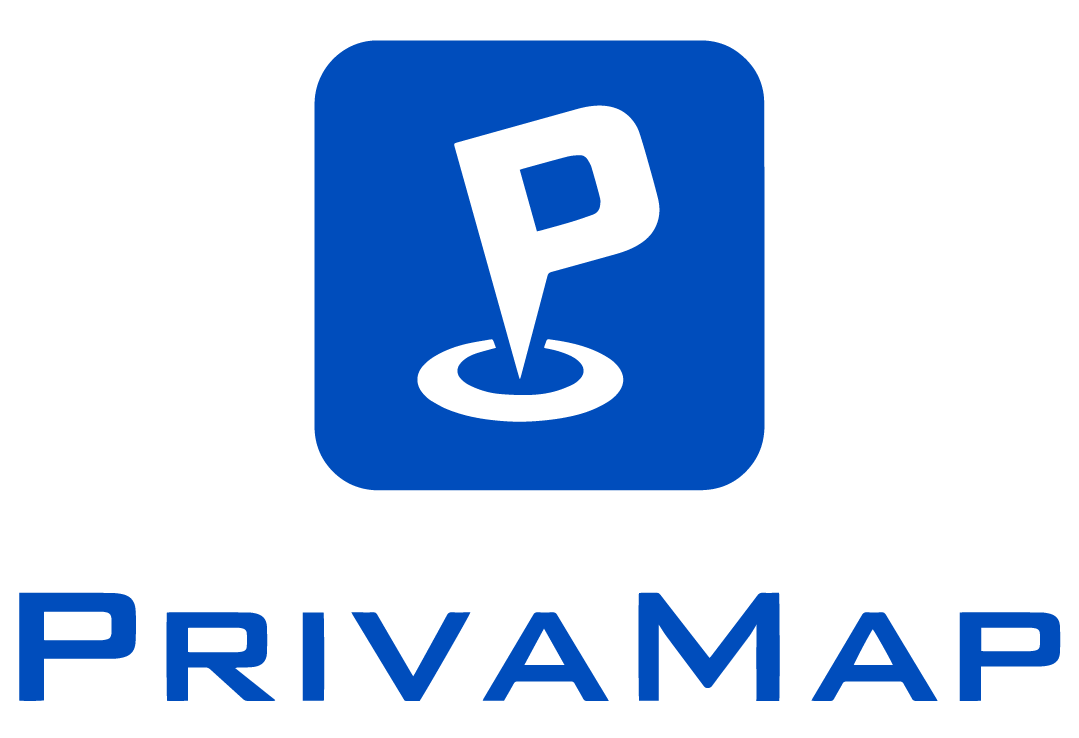The Transport Management System (TMS) aims to facilitate the management of the entire transportation process, from planning to execution, including shipment tracking and cost management. It helps businesses optimize their transportation operations by enabling them to track vehicle movements, select routes and schedules, manage inventory, update transport documents, monitor costs, and ensure regulatory compliance.
Companies that use a TMS can reduce their shipping costs, improve supply chain efficiency, and provide better customer service.
What is an API and how does it work?
An API (Application Programming Interface) is an interface that allows different software applications to communicate and exchange information with each other. This means that applications can talk to each other and work together to perform specific tasks. Users no longer need to understand how each application works separately, and they don’t have to enter the same information twice in each application.
For example, with PrivaMap, when one of our clients enters the destination dock for a driver in their TMS, the information is directly inputted into our navigation application. The driver scans their QR code and is automatically guided to their loading dock.
To connect to a Transport Management System (TMS) through an Application Programming Interface (API), it is necessary to obtain the credentials from the TMS provider to access their API. This includes access codes (API key and password) as well as the web addressing of the tools.
Requests to the API are made following user actions such as a search or a click. The goal is to retrieve information, share it, and/or modify it automatically.
API automation of TMS business data is now used, for example, to:
- Obtain real-time updated information regarding the tracking of a loading/unloading operation.
- Confirm the completion of delivery stages.
Note that each TMS provider has its own requirements regarding the use of their API.
What is the connection between API interconnection within TMS and PrivaMap?
The data that needs to be communicated to the driver upon their arrival on-site is often already present within our clients’ TMS. Automatically reusing TMS data is a priority for PrivaMap to improve the smoothness and security of driver flows on industrial sites.
We currently support our clients in two areas:
- Communicating the various loading steps to the driver on-site Through the TMS interconnection, PrivaMap automatically accesses loading data specific to each delivery and provides optimized and secure navigation for each driver.
- Integration of business data that can evolve over time We enable our clients to search for and integrate continuously evolving business data within our solutions. For example, PrivaMap supports the airside teams of Aéroports de Paris with a solution that allows positioning each aircraft on the tarmac based on its flight number or registration number.
Find out more about PrivaMap and road transport issues by clicking here!


